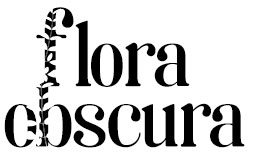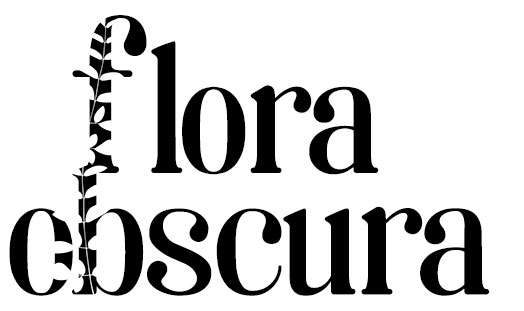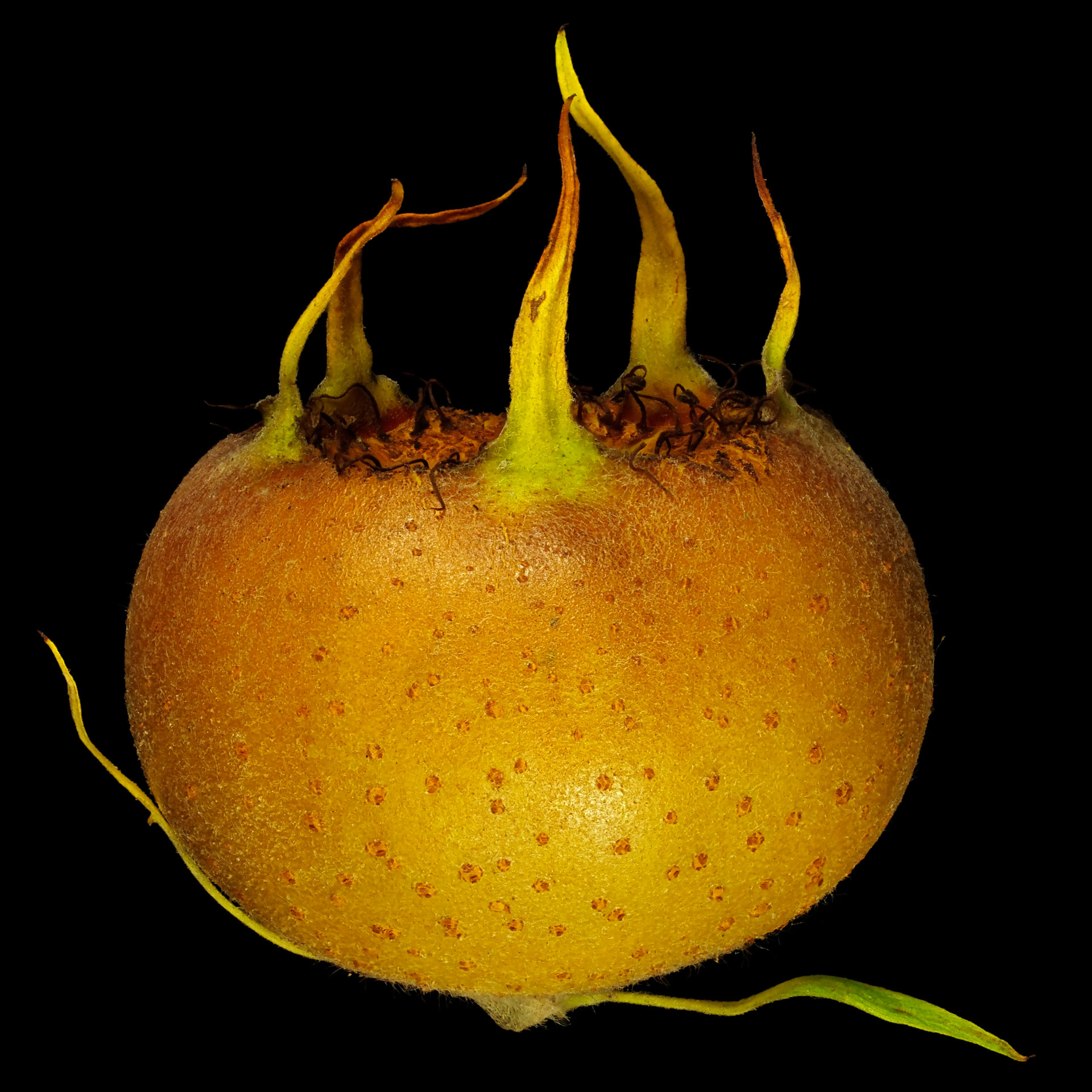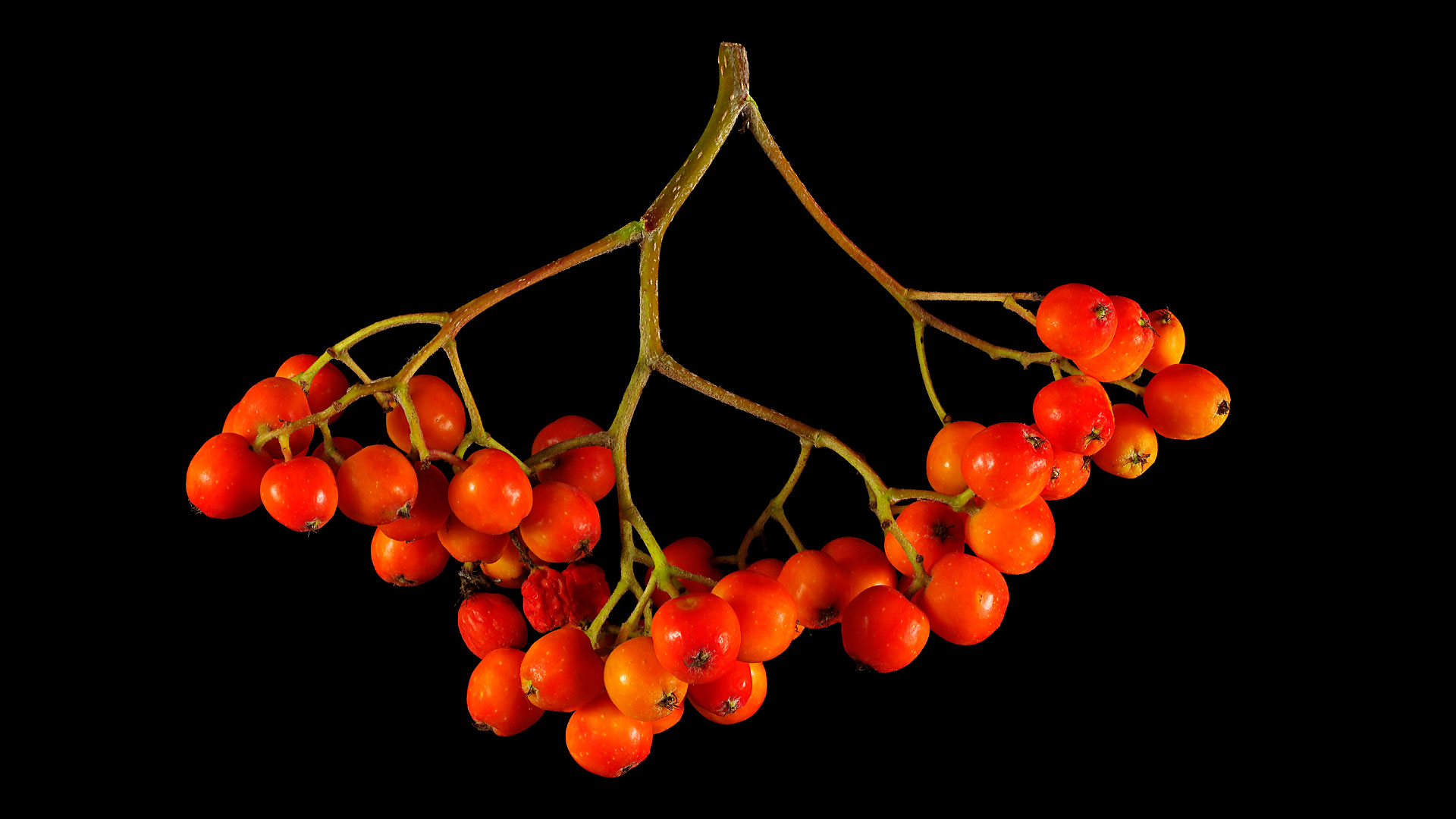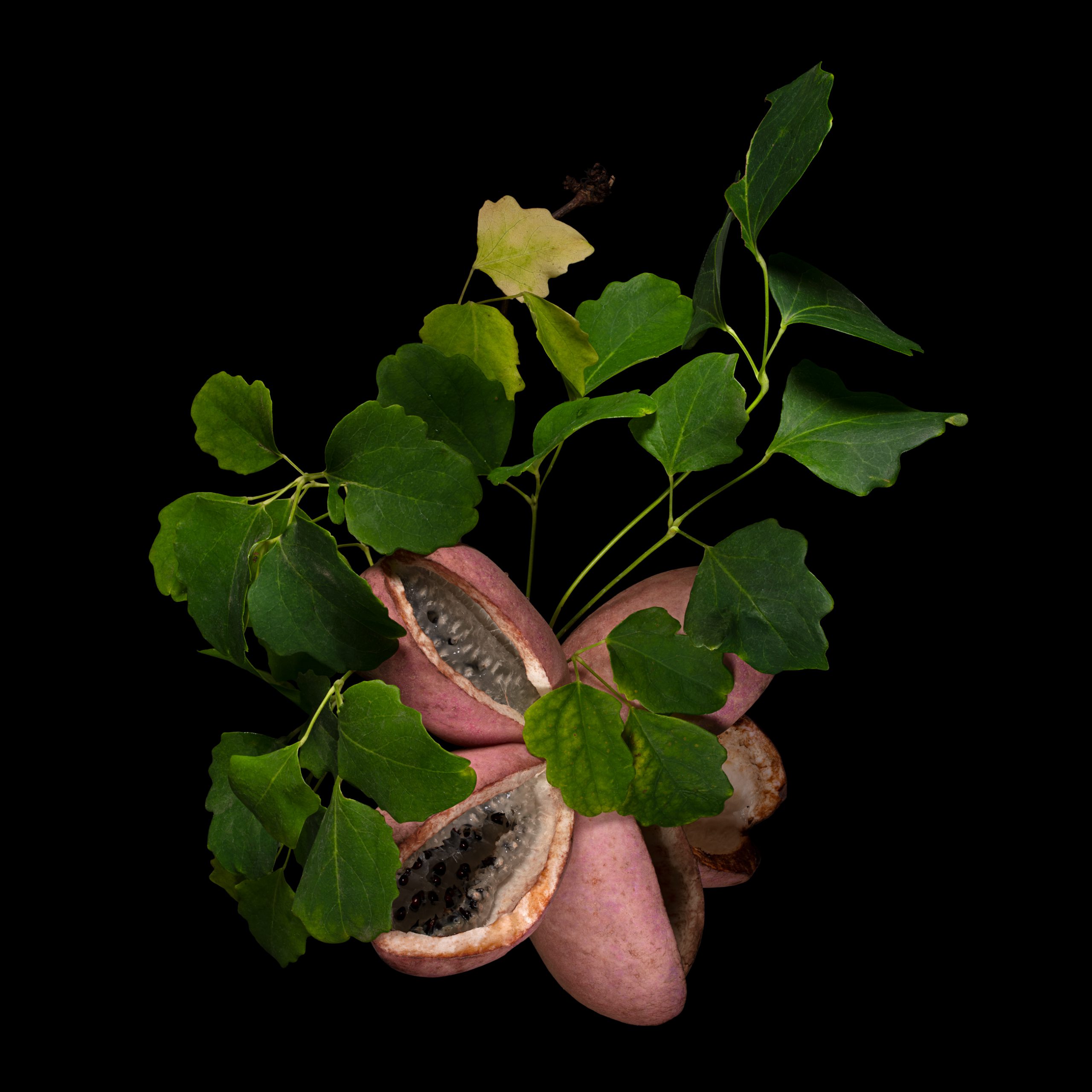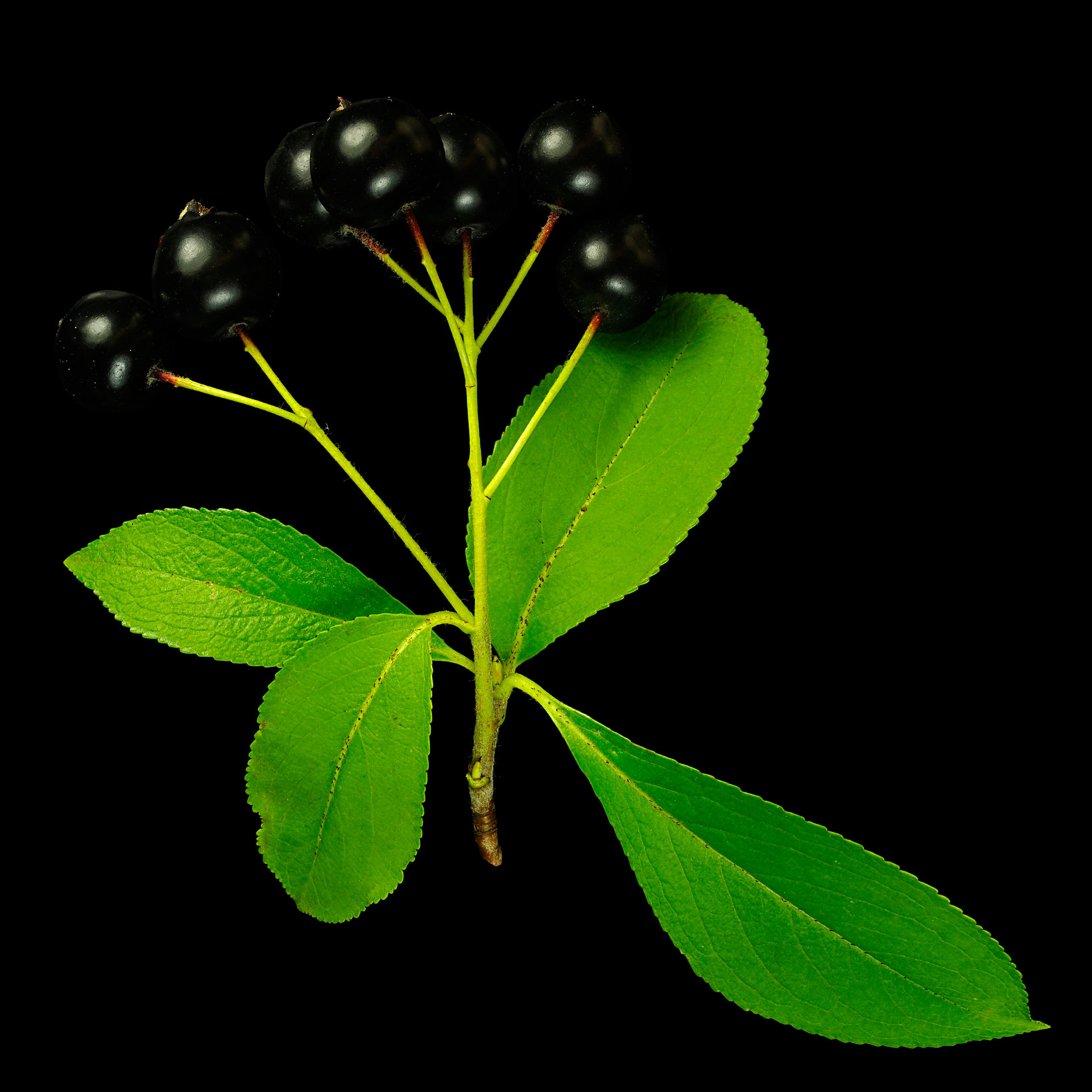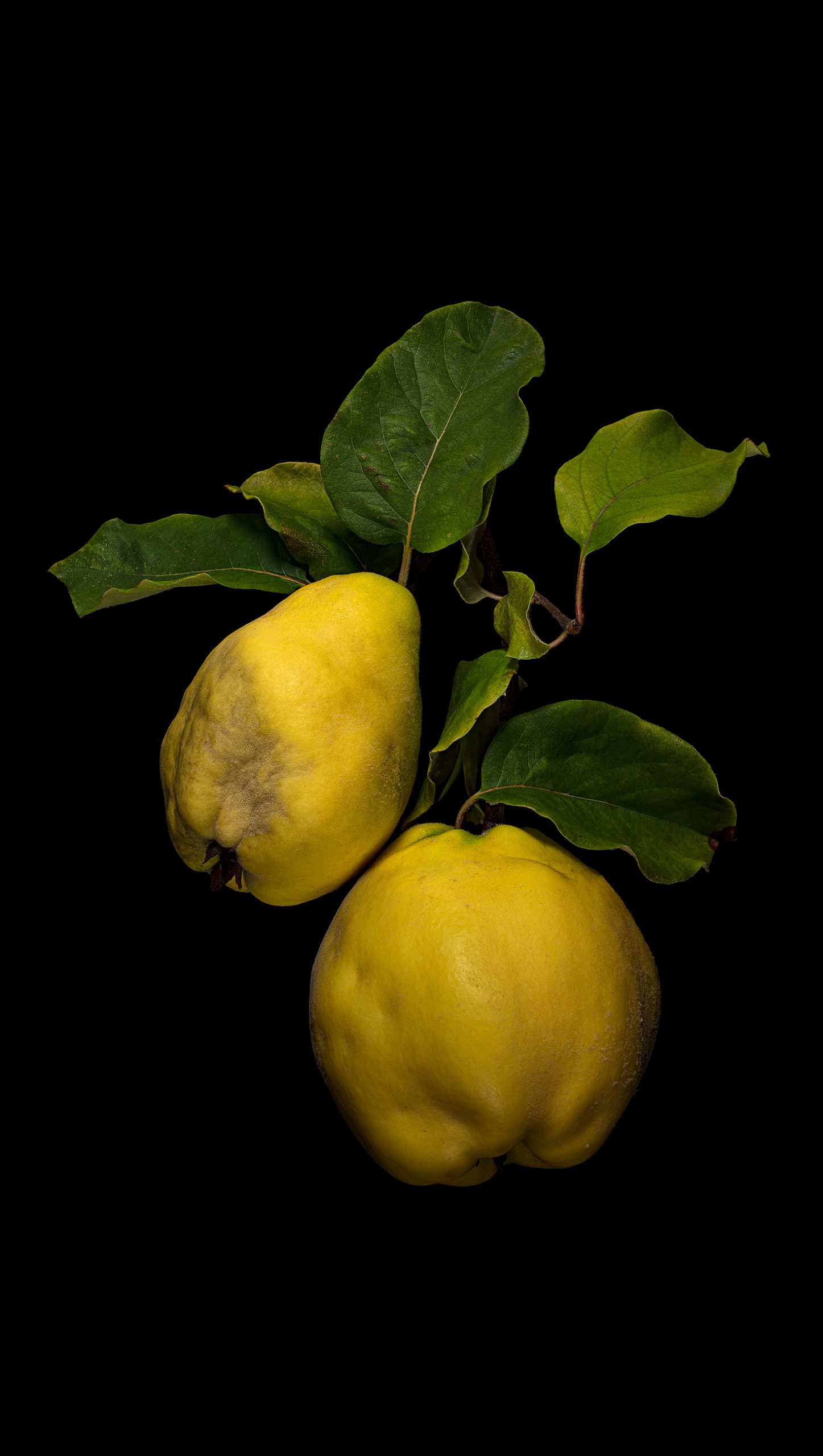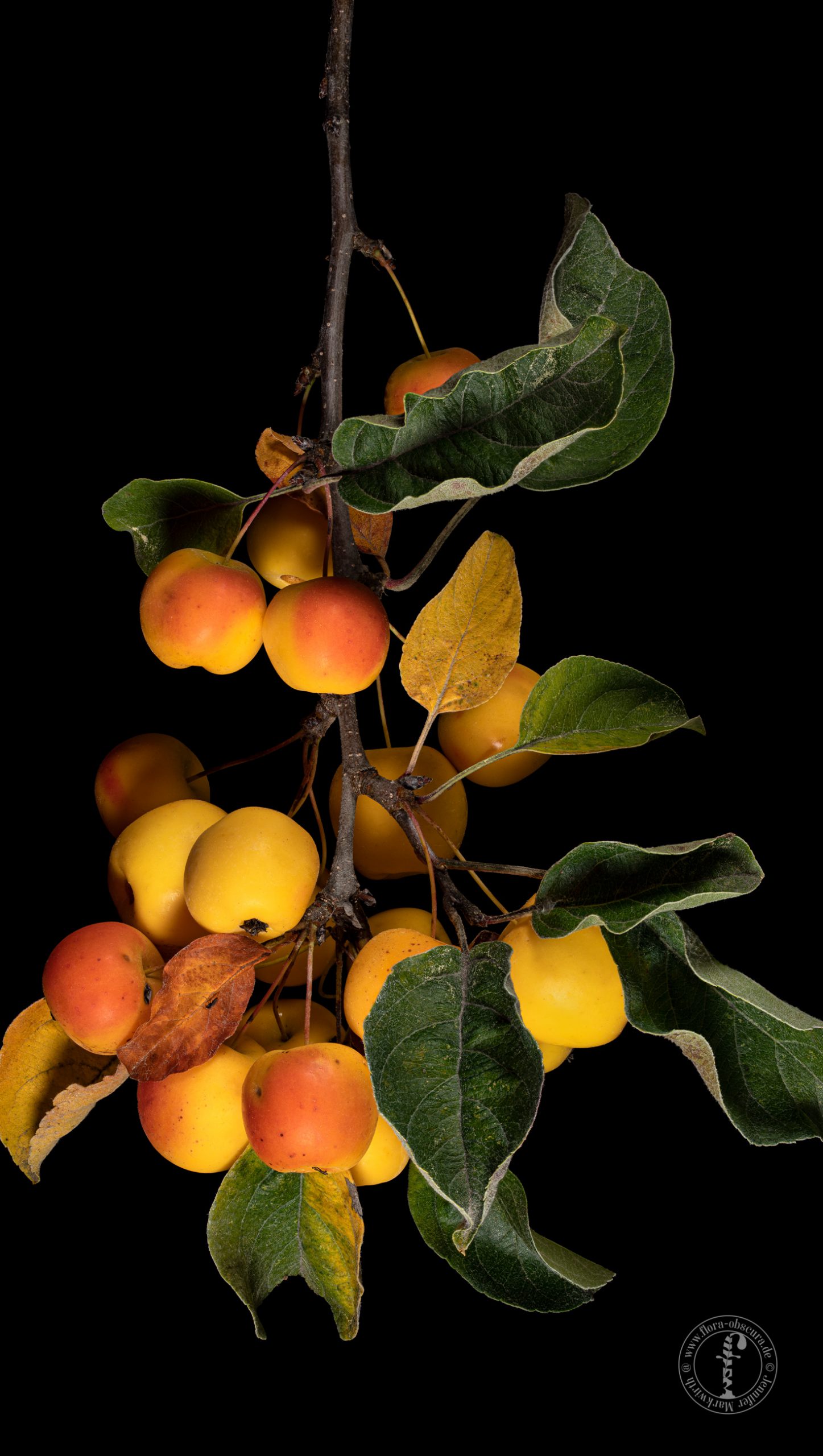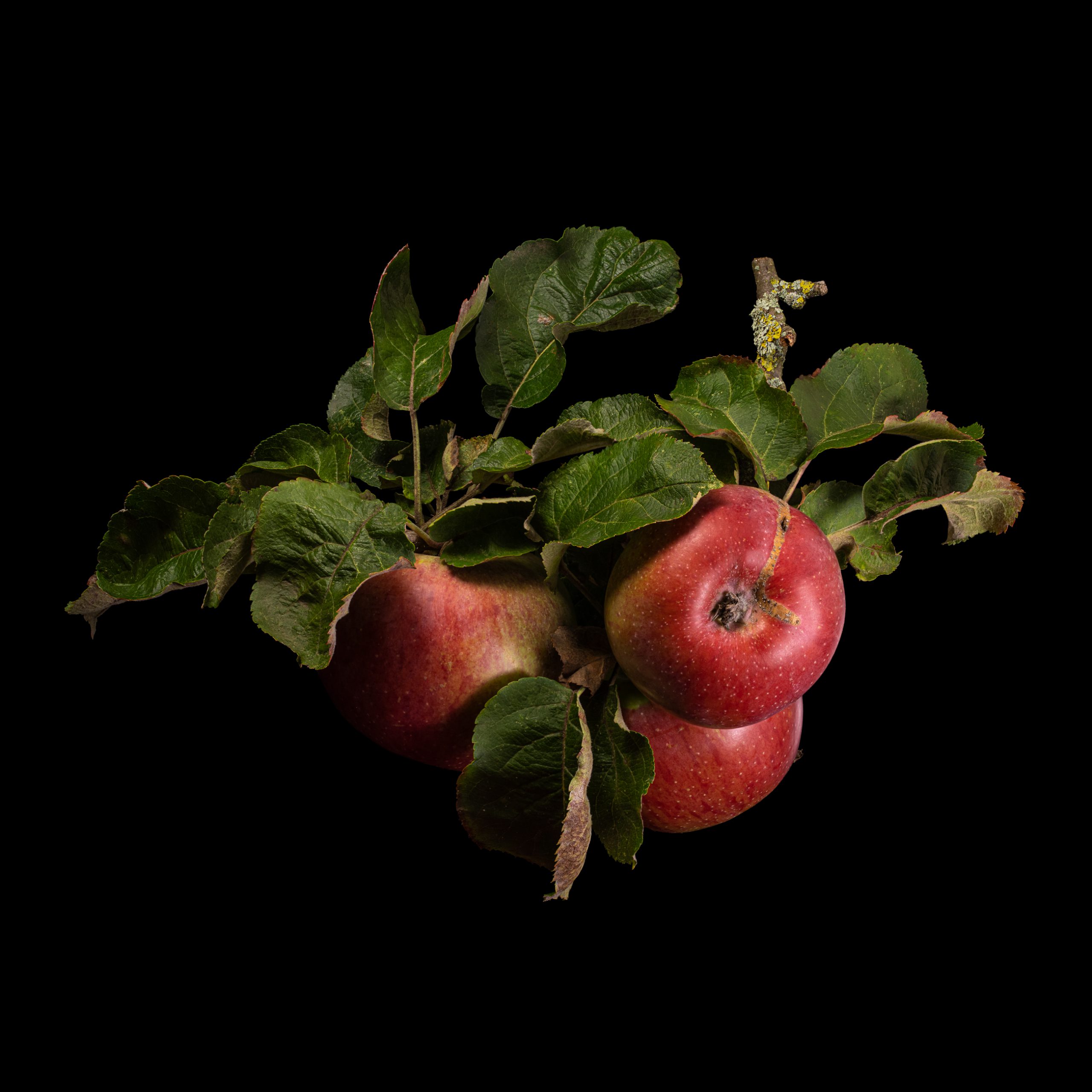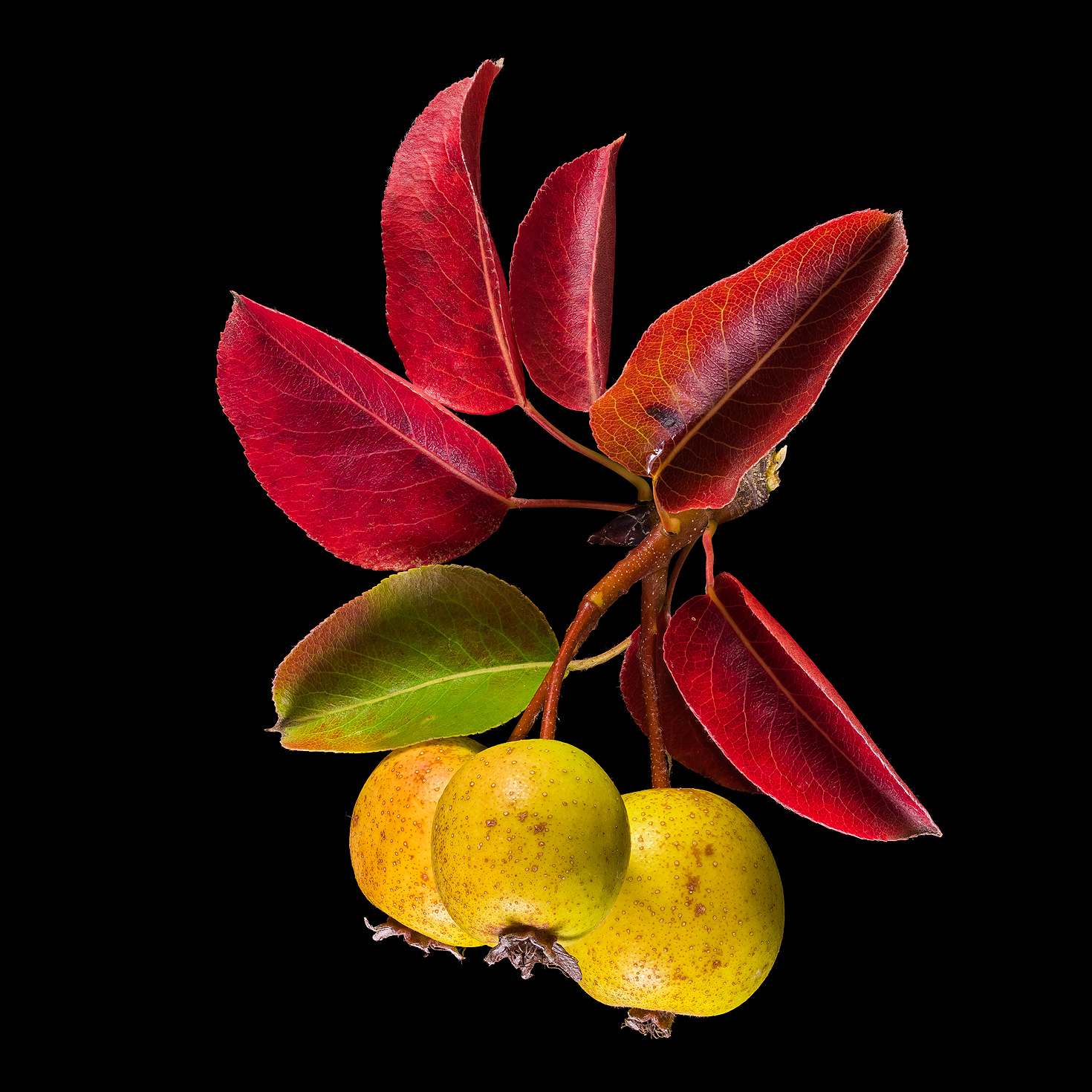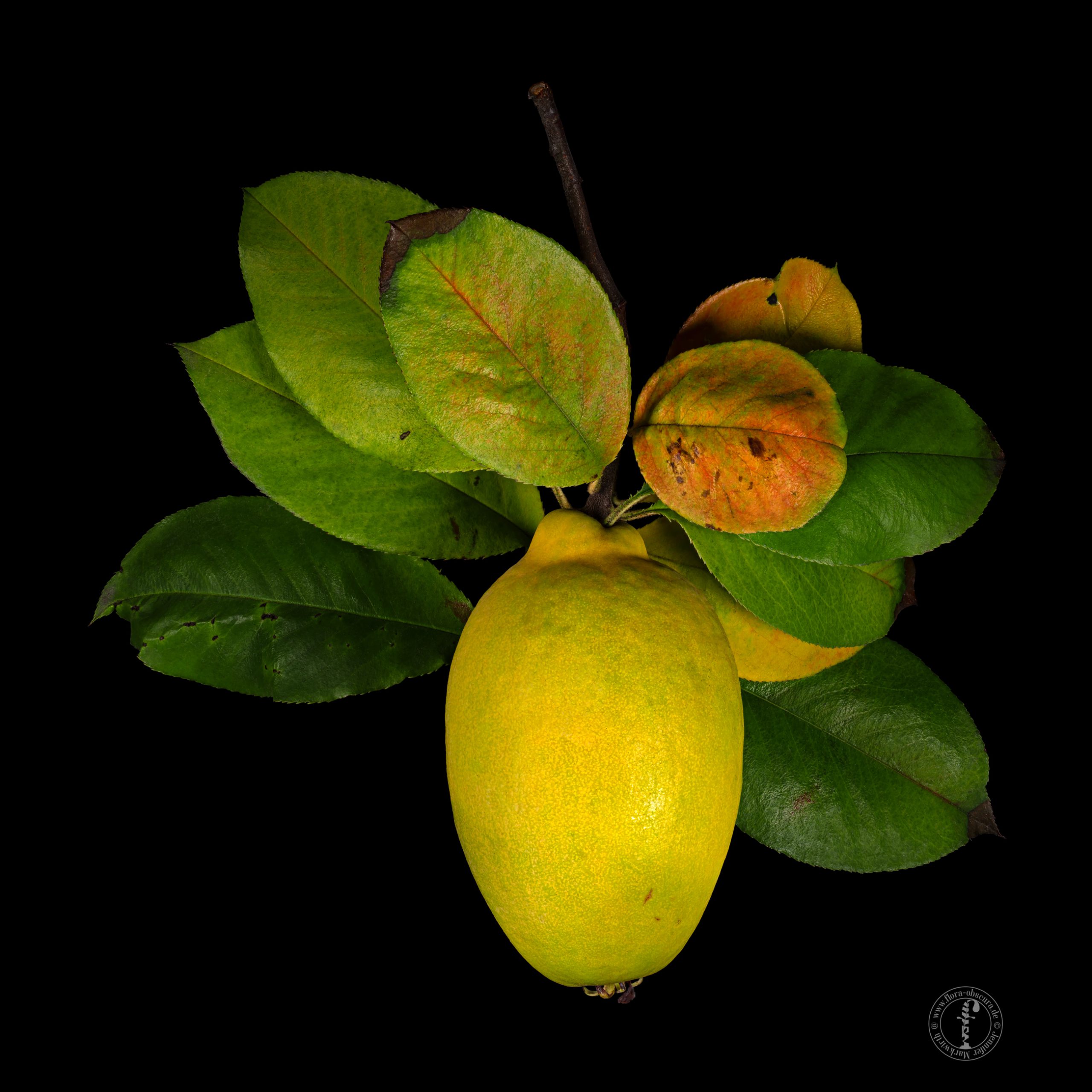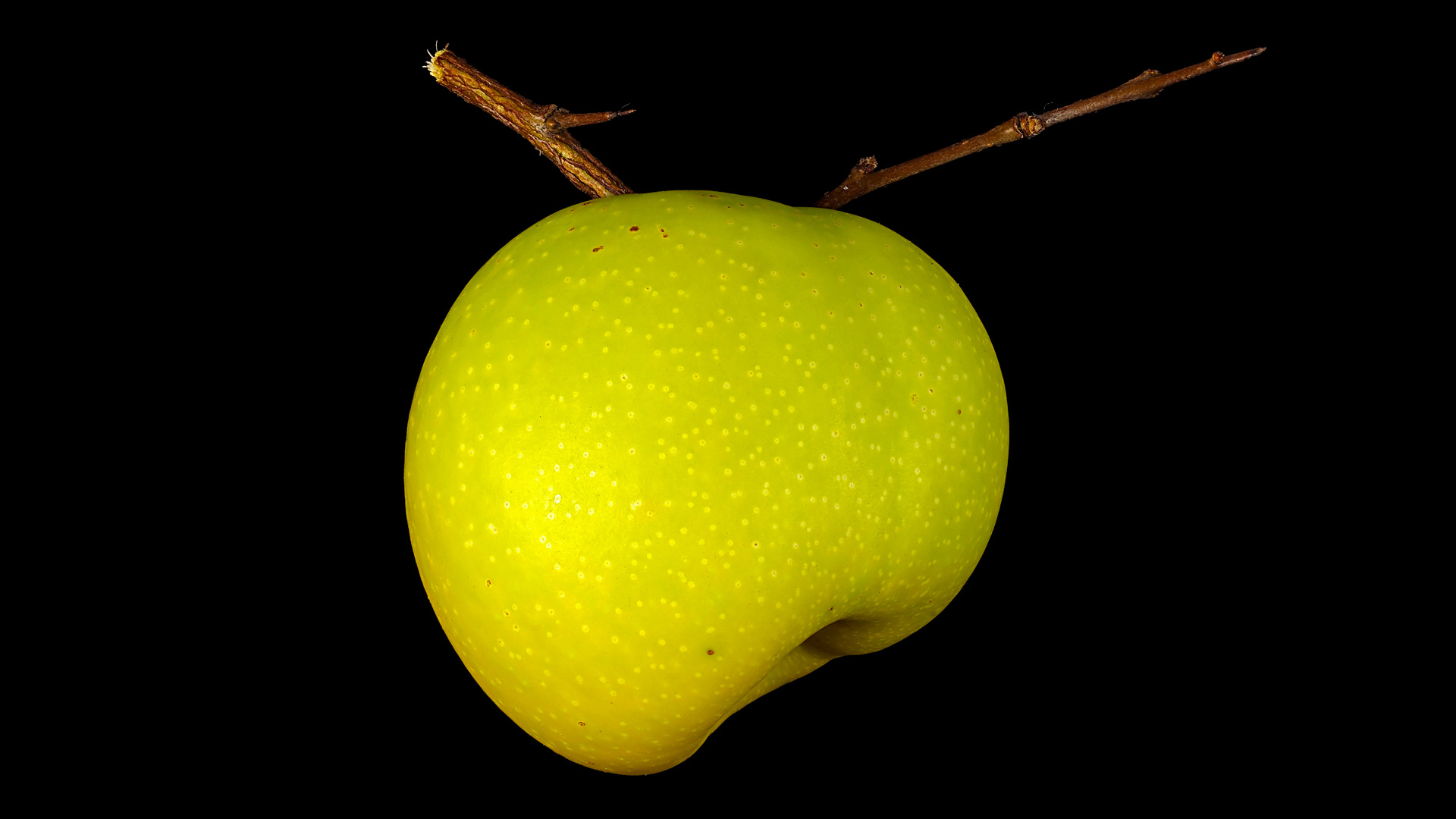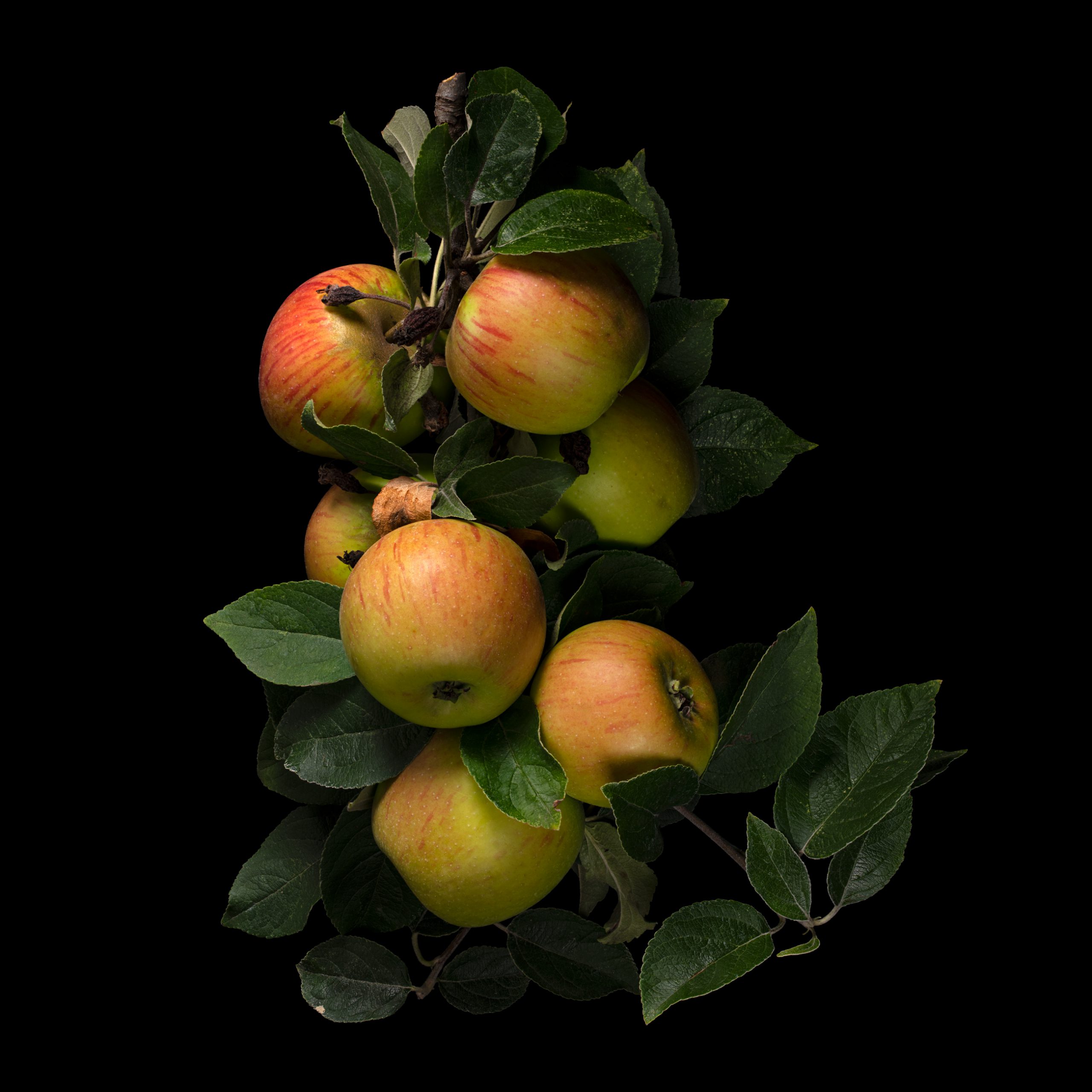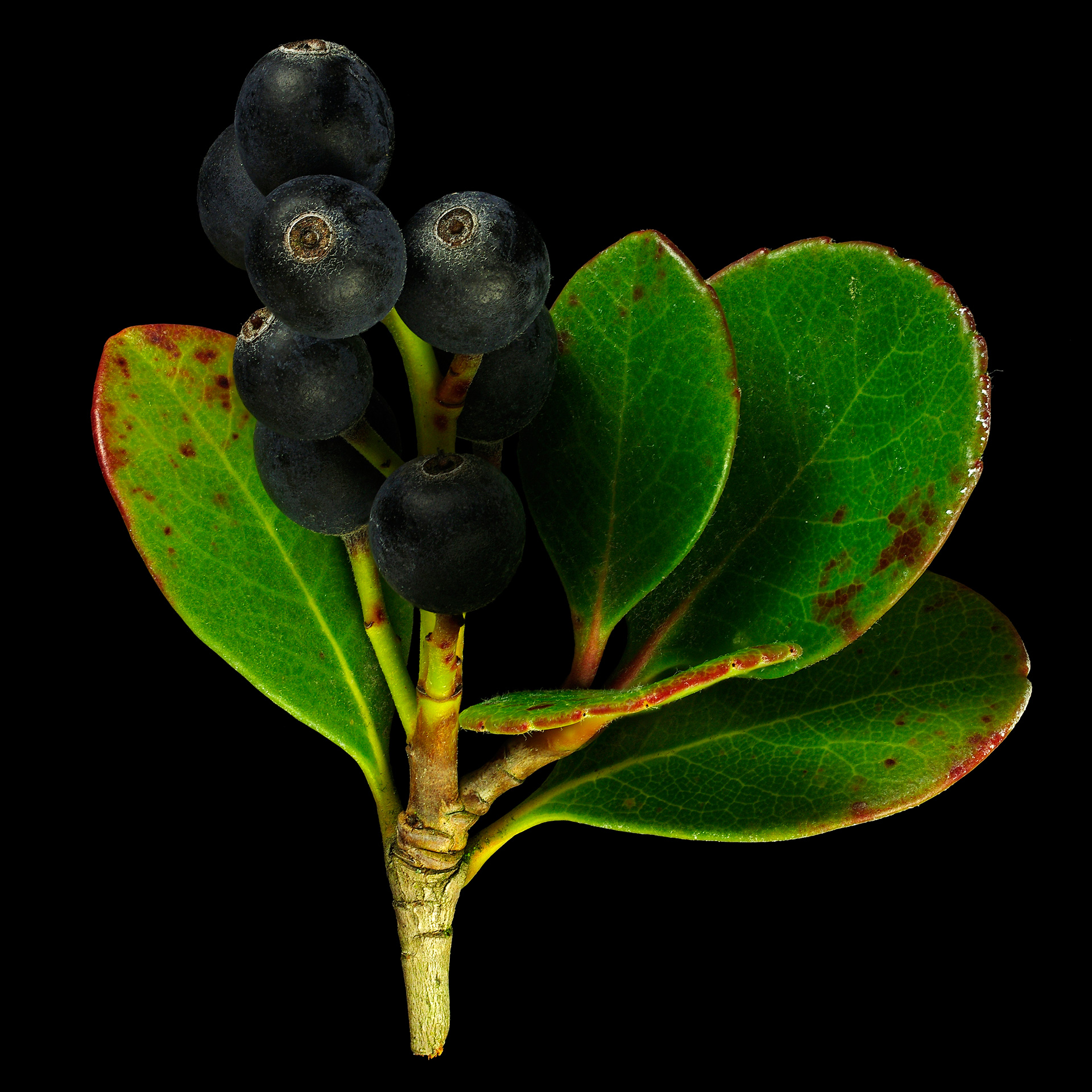Search Results for Follicetum
The unique taste compensates for the painstaking production of jelly and compote.
It is still a stubbornly held legend that the fruits of the rowanberry or mountain ash are poisonous. The small fruits are ideal for jam, mash, liqueur…
The white, sweet-tasting pulp inside the pink five-leaf akebia fruits is best eaten while the fruit has not yet opened by itself.
The black chokeberry contains many vitamins and other important substances in such large quantities that it has also medical significance.
Quinces are rarely eaten raw. They are mainly consumed as jelly, stewed fruit, mush, chutney, schnapps and “dulce de membrillo”.
This crab apple can be used in a similar way to most mealy and low acid apples, but above all it can be eaten fresh from the tree.
The ‘Anhalter’ apple variety is classified as a cider apple. It has a high tannin content and is therefore particularly suitable for the production of cider and apple juice.
The round fruits of the Turkmen pear look more like small apples, but the flesh contains the stone cells typical for pears
In their East Asian origin, the fruits are chopped up and drunk as fruit tea, or they are made into canned goods.
The very firm, pleasant-smelling and astringent tasting fruits can be cooked and then juiced. For example, a jelly can be prepared from the juice.
The King of the Pippins is low in acidity and tastes sweet, and for a long time this cultivar was considered one of the best apples in the world.
In times of need, the seeds were used to produce a flour substitute.
